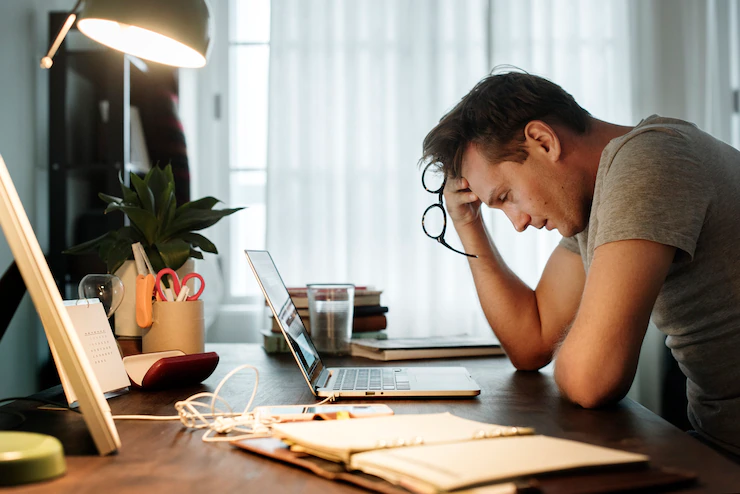Introduction: Anxiety has become an increasingly prevalent mental health issue, affecting individuals worldwide, including South African men. The unique social and cultural factors in South Africa can contribute to heightened levels of anxiety among men. However, by adopting preventive measures and implementing effective management strategies, South African men can take control of their mental well-being and lead healthier, more fulfilling lives. This article aims to provide valuable advice on preventing and managing anxiety, specifically tailored to the context of South African men’s health.
Understanding Anxiety: Anxiety is a normal human emotion that can arise in response to stress or uncertain situations. However, when anxiety becomes chronic, overwhelming, and interferes with daily life, it may indicate an anxiety disorder. South African men may experience anxiety due to various factors, including work pressures, financial difficulties, societal expectations, relationship issues, and even the lingering effects of apartheid and social inequality.
Prevention Strategies:
- Open Communication: South African men often face societal pressure to be stoic and hide their emotions. However, open communication is crucial for maintaining good mental health. Engage in meaningful conversations with trusted friends, family members, or professionals, creating a support network that can offer guidance and understanding.
- Engage in Physical Activity: Regular exercise has been shown to alleviate anxiety symptoms by releasing endorphins and reducing stress hormones. Engage in activities such as running, swimming, cycling, or team sports to improve both physical and mental well-being.
- Healthy Lifestyle Choices: A balanced diet, sufficient sleep, and avoiding excessive alcohol consumption or substance abuse can significantly contribute to reducing anxiety levels. Taking care of one’s physical health positively impacts mental health as well.
- Stress Management Techniques: Learn and practice stress management techniques such as deep breathing exercises, meditation, yoga, or mindfulness. These practices can help in reducing anxiety and promoting relaxation.
Effective Anxiety Management:
- Seek Professional Help: If anxiety symptoms persist or worsen, it is essential to seek professional assistance. Mental health professionals, such as psychologists or psychiatrists, can provide appropriate diagnoses, therapy, or medication if necessary.
- Cognitive Behavioral Therapy (CBT): CBT is a widely used therapeutic approach for anxiety disorders. It focuses on identifying and modifying negative thought patterns and behaviors. Consider finding a qualified therapist who specializes in CBT to help manage anxiety effectively.
- Support Groups: Joining support groups specifically tailored to anxiety can provide a sense of community and understanding. Sharing experiences, strategies, and coping mechanisms with individuals facing similar challenges can be immensely beneficial.
- Relaxation Techniques: Incorporate relaxation techniques into daily routines, such as listening to calming music, practicing deep breathing exercises, or engaging in hobbies that promote relaxation. These activities can help reduce anxiety levels and provide a healthy outlet for stress.
- Time Management: Often, anxiety can arise from feeling overwhelmed by multiple responsibilities and commitments. Prioritize tasks, set realistic goals, and practice effective time management to avoid unnecessary stress and anxiety.
Conclusion: Preventing and managing anxiety requires a proactive approach that addresses the unique challenges faced by South African men. By prioritizing mental health, engaging in open communication, adopting healthy lifestyle choices, and utilizing effective anxiety management strategies, men in South Africa can take control of their well-being and lead happier, more fulfilling lives. Remember, seeking professional help is never a sign of weakness but rather a step toward healing and growth. Together, we can create a society that supports and values mental health for all individuals.










